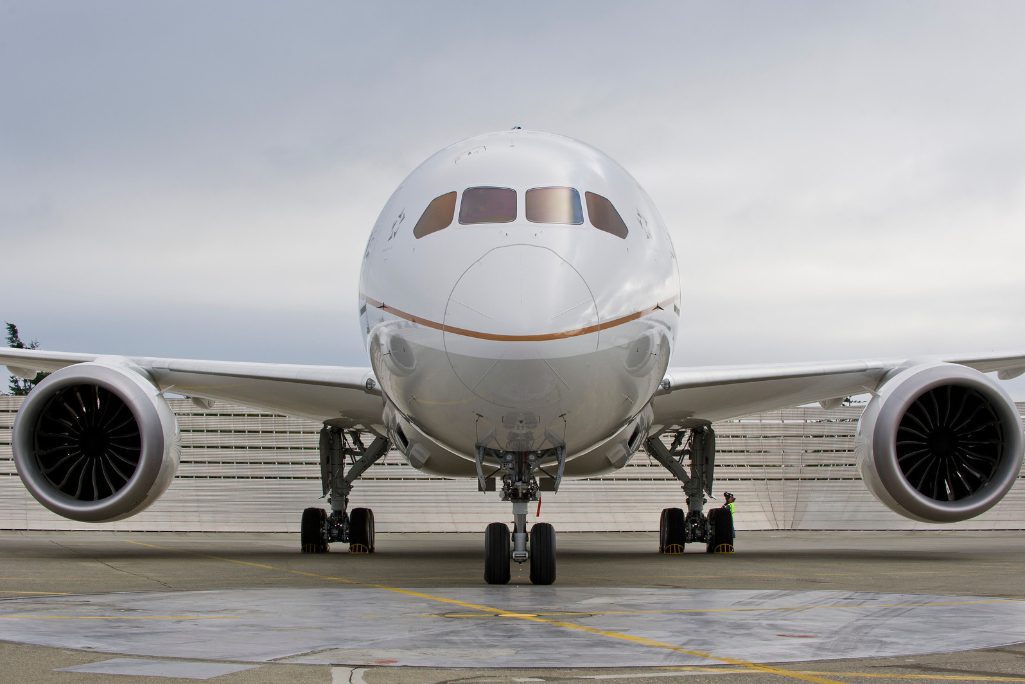Sabre Preps for a World Where Global Corporate Travel Lags a Broader Rebound

Skift Take
A crisis makes reputations. Sabre's top bosses have seen the pandemic render useless their old playbook for handling a collapse in demand. They have to get creative.
Over a few decades, Sabre has managed to bounce back after recessions. After crises in 2001 and 2008, the Southlake, Texas-based travel technology business returned to fat years after living through lean ones without much delay.
But the pandemic may delay a rebound in international corporate travel relative to other sectors. That could be problematic for Sabre. International corporate travel fuels some of its most profitable activities.
Sabre derives the bulk of its software-processing revenue from helping airlines sell plane tickets through travel management companies and leisure agencies like Expedia and helping airlines manage their operations. Roughly a quarter of its income comes from helping hotels and other travel companies with marketing and distribution.
International Impact
Sabre saw international corporate travel evaporate in the second quarter.
"Normally we'd see corporate being 50 to 55 percent of bookings [Sabre processes] with leisure as 45 to 50 percent of bookings," said Douglas Barnett, chief financial officer during an earnings call on Friday. But currently, leisure bookings are accounting for 75 percent of bookings.
"A corporate booking fee is typically about 30 percent higher than leisure, but there is a corresponding similar increase in incentive rates [that Sabre pays to travel agencies] on that," Barnett said.
Many analysts believe that international corporate travel has driven more margin for Sabre in its distribution business, compared to domestic leisure and business bookings. The company's management hinted as much in comments during a Friday earnings call but didn't explicitly say so.
Before the crisis, new international bookings averaged about 55 percent of Sabre's distribution services mix relative to leisure. Right now, domestic reservations take up about 70 percent of the mix, Barnett said.
"Here there is a bit more of an impact because the international booking fee [Sabre charges ai

